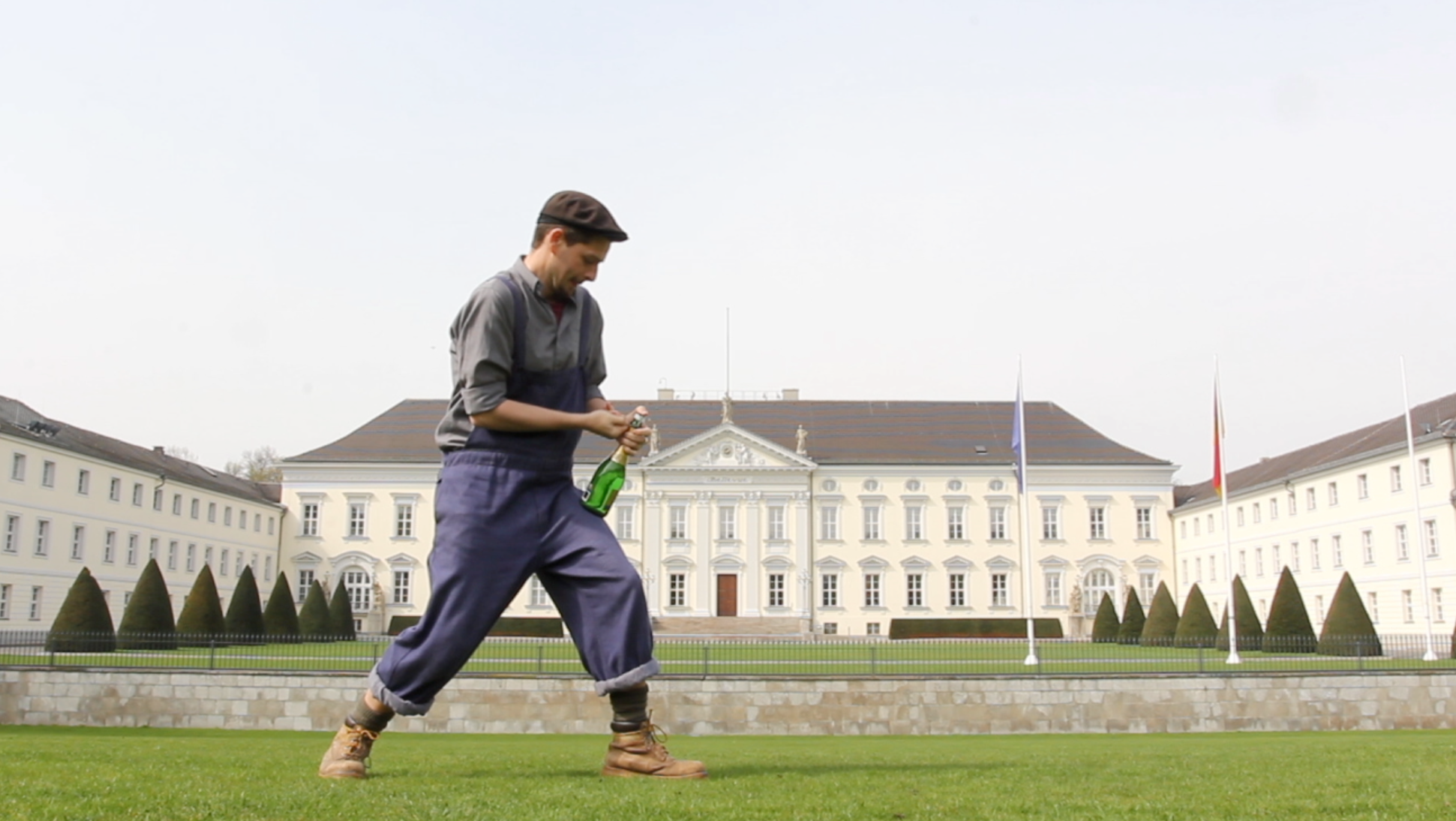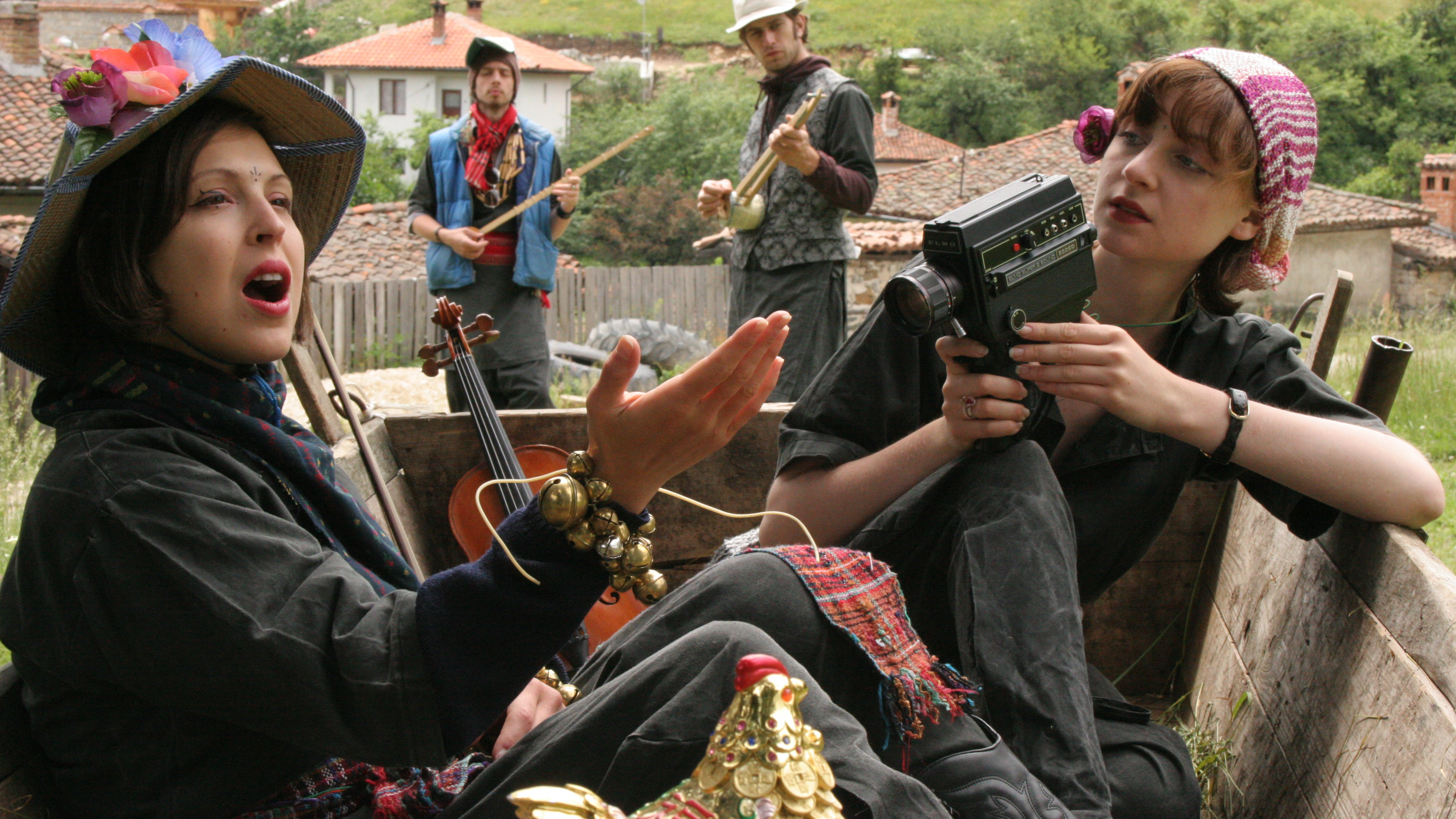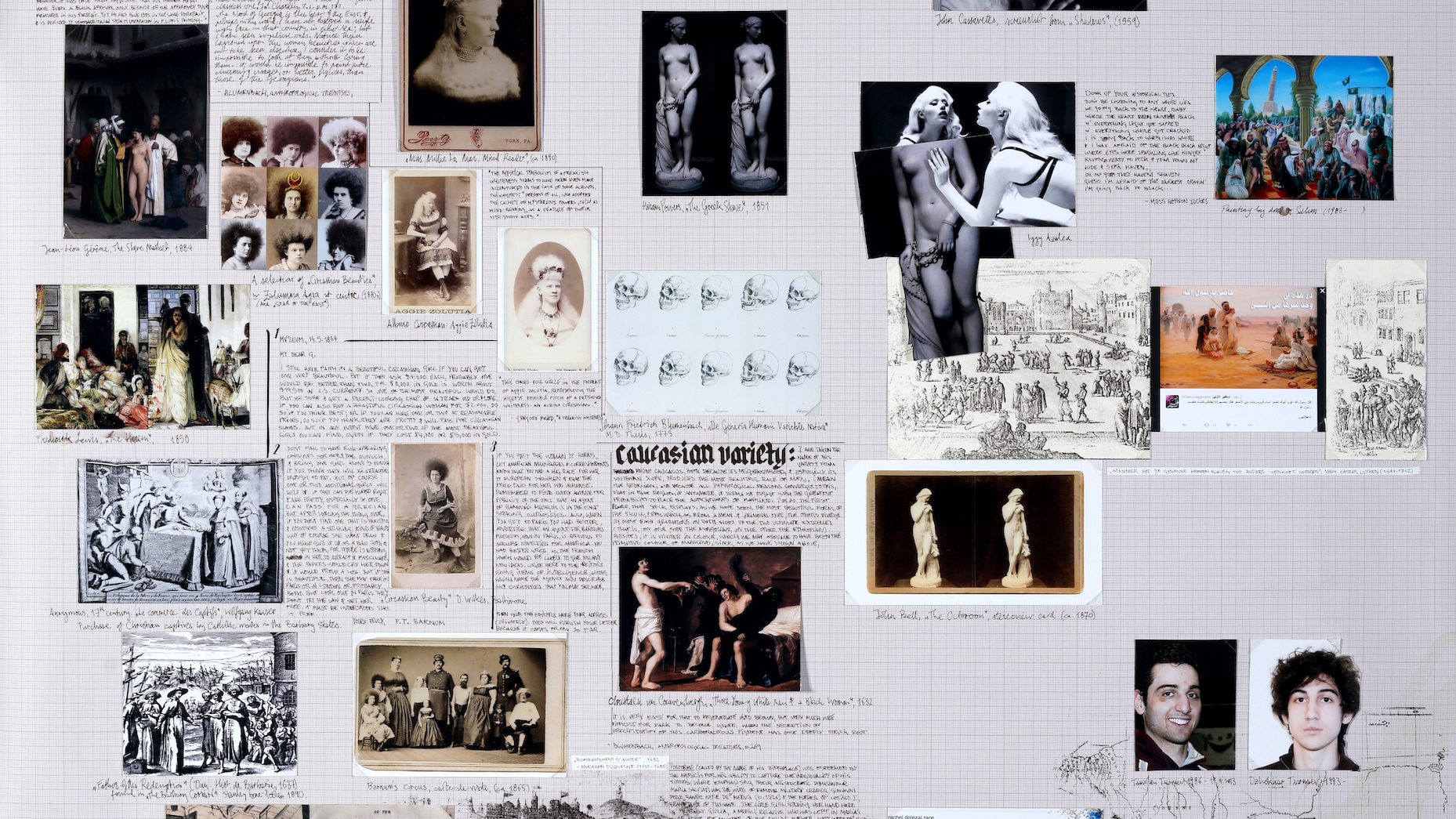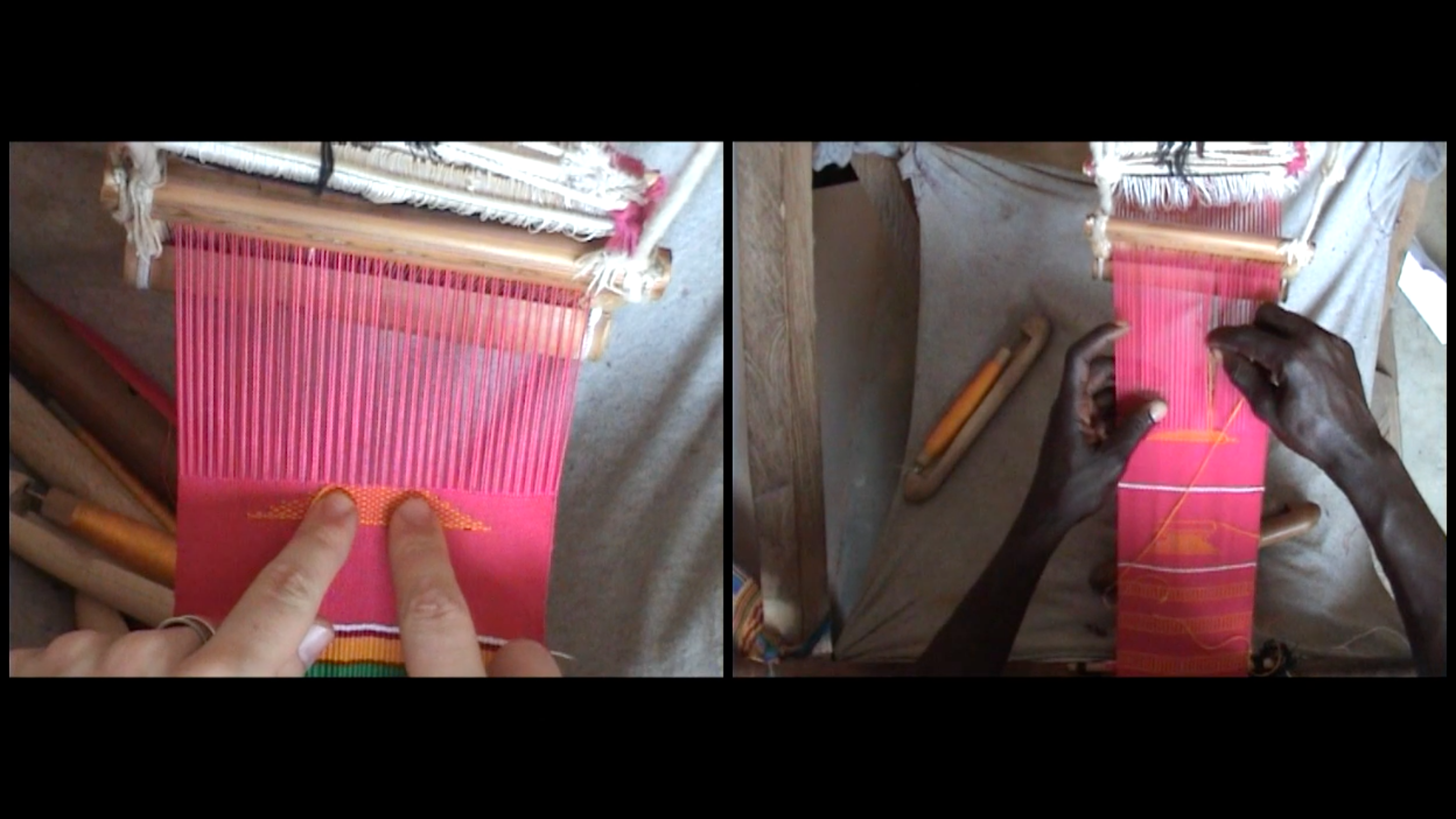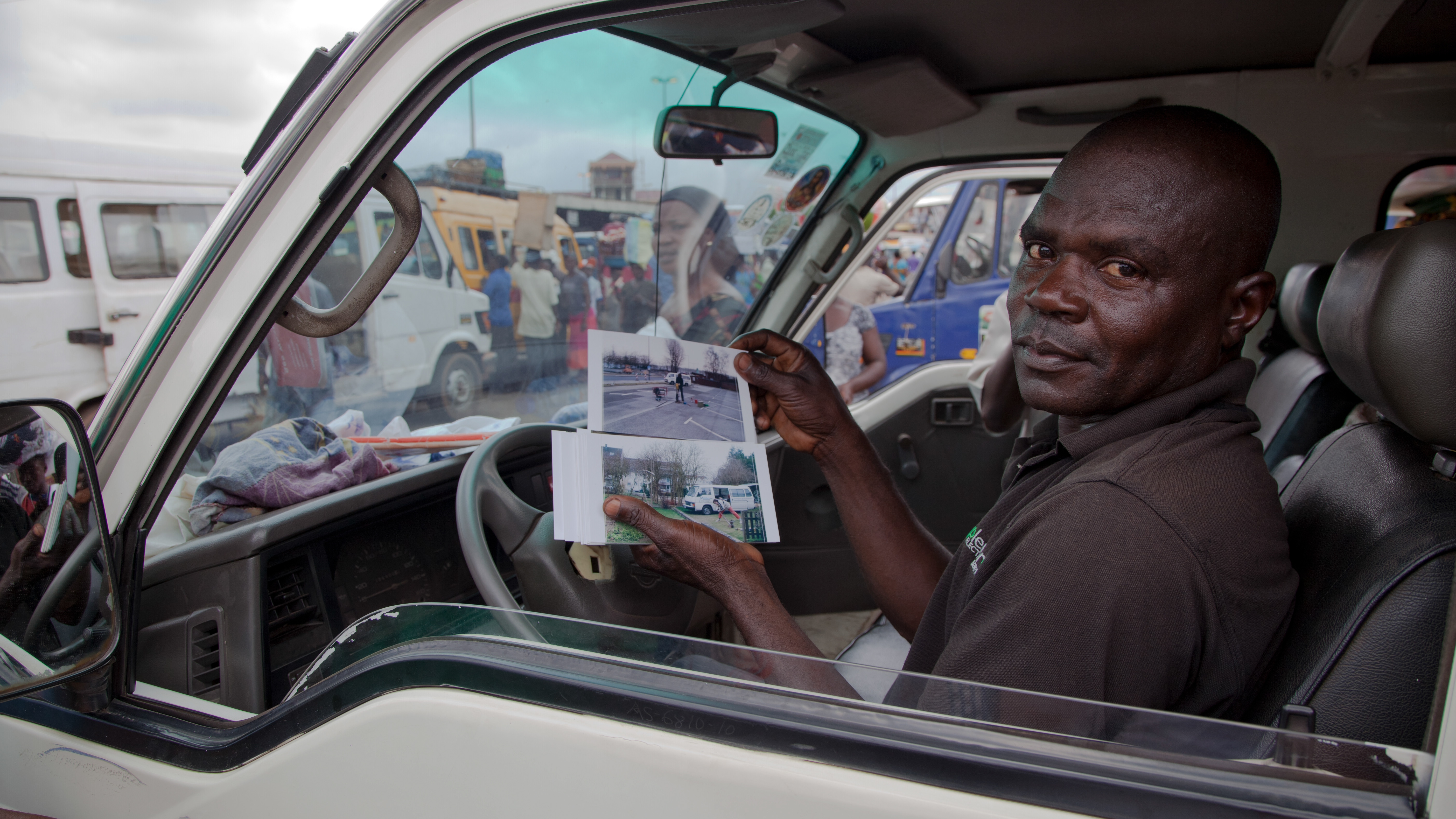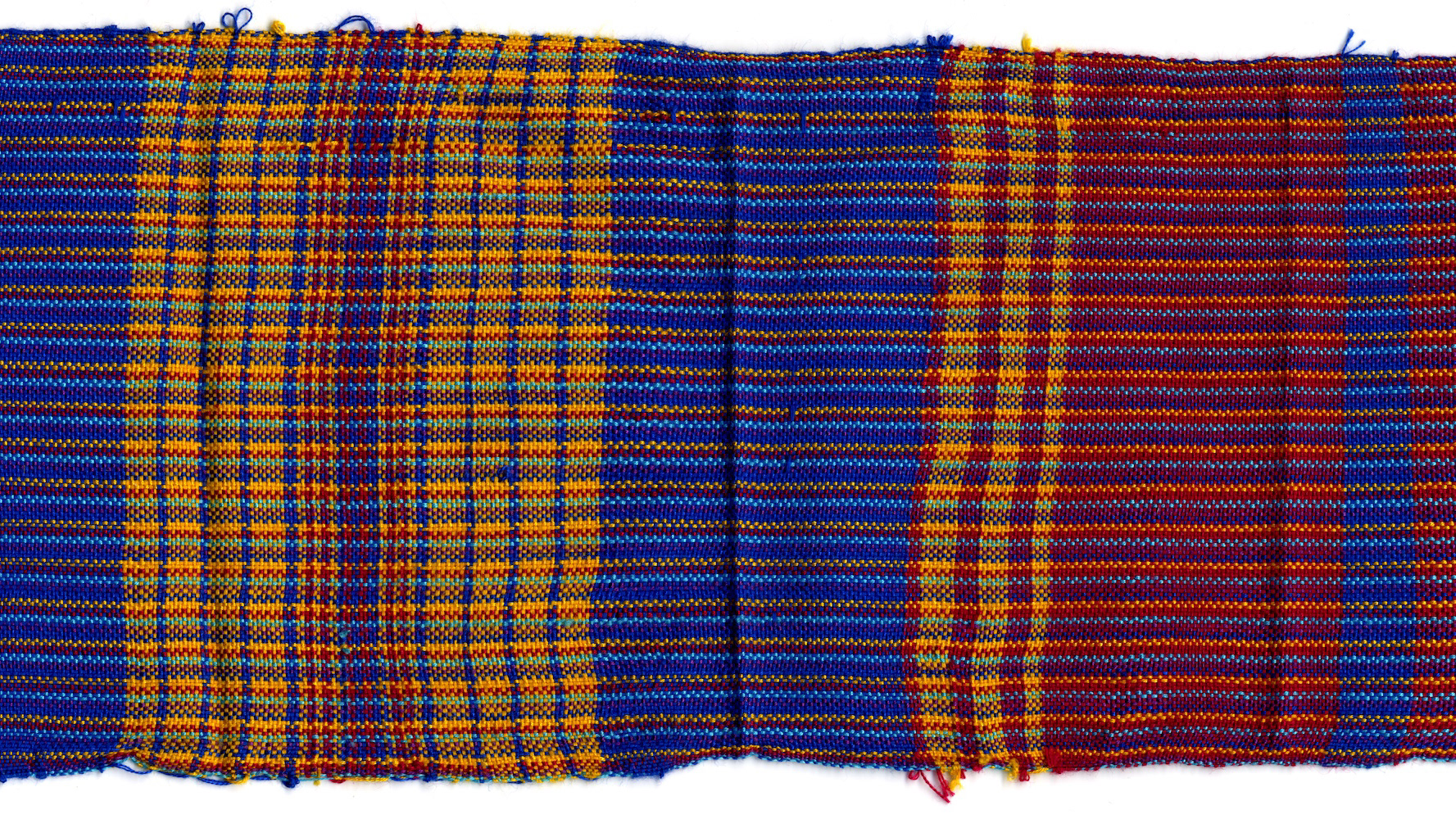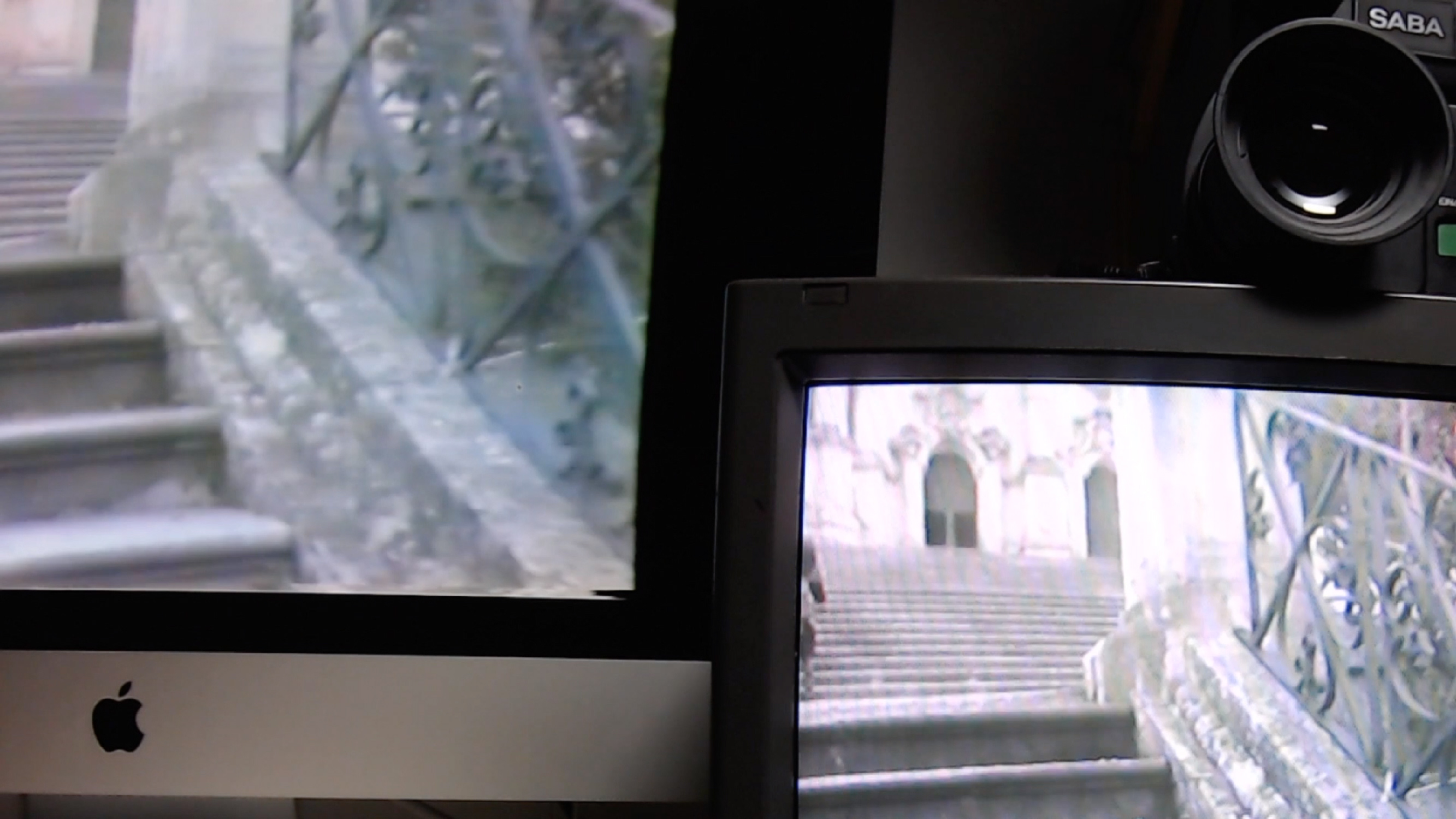Bagasi is as much a work about Indonesia and Australia as it is about how media is mediated and remembered. Beginning from the modern-day cliché that travel is an activity for the open-minded, the work gradually illustrates, through the accumulation of contradictory artefacts and recollections, an overall image that is far from a tabula rasa.
This approach weaves together Australian immigration policy of the 20th century, the Suharto government, the 2002 Bali bombings, fast food, a Chinese orchestra, and Dutch colonialism, through a personal narrative. The work was specifically created for an Indonesian audience, in the context of an artistic exchange that took place in 2019.
Every storyteller has an innate power. Whether through their creation of narrative, their mastery of language, or the editing decisions that dictate what is shown and what is left unseen. Therefore, a deliberate decision was made to present and perform the work in Indonesian, a language that I had no prior knowledge of. While this gesture will not level the playing field, it is an attempt at making the foreign intimately familiar, without mediation - in order to find out ultimately what points of dialogue may exist.
Still from the film. An accumulation of contradictory artefacts and recollections reveals an overall image that is far from a tabula rasa.
Still from the film. Sometimes, the cultural origins of objects reveal fascinating stories about migration and economy.
Still from the film. What prejudices do we ignore by claiming to be open-minded?
Film poster. I adapted the visual vernacular of street food "Pecel Lele" stalls to describe the items "on offer" in this film.
